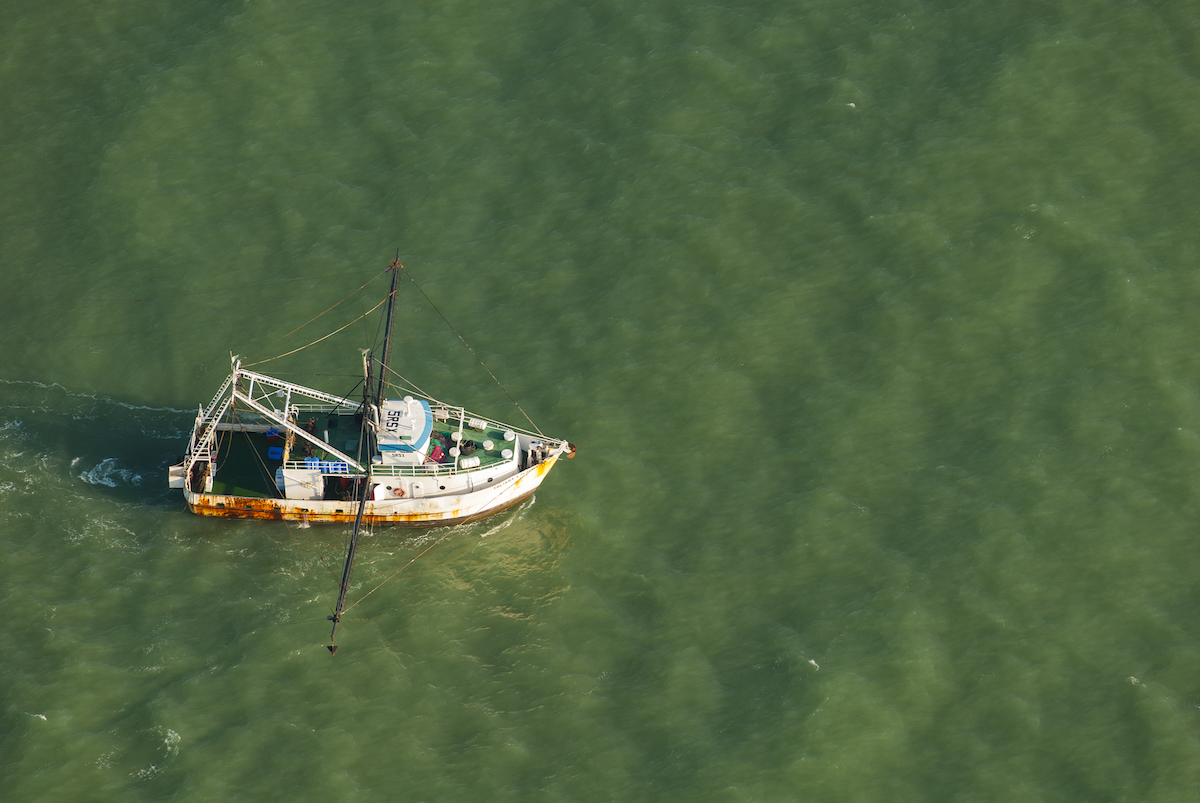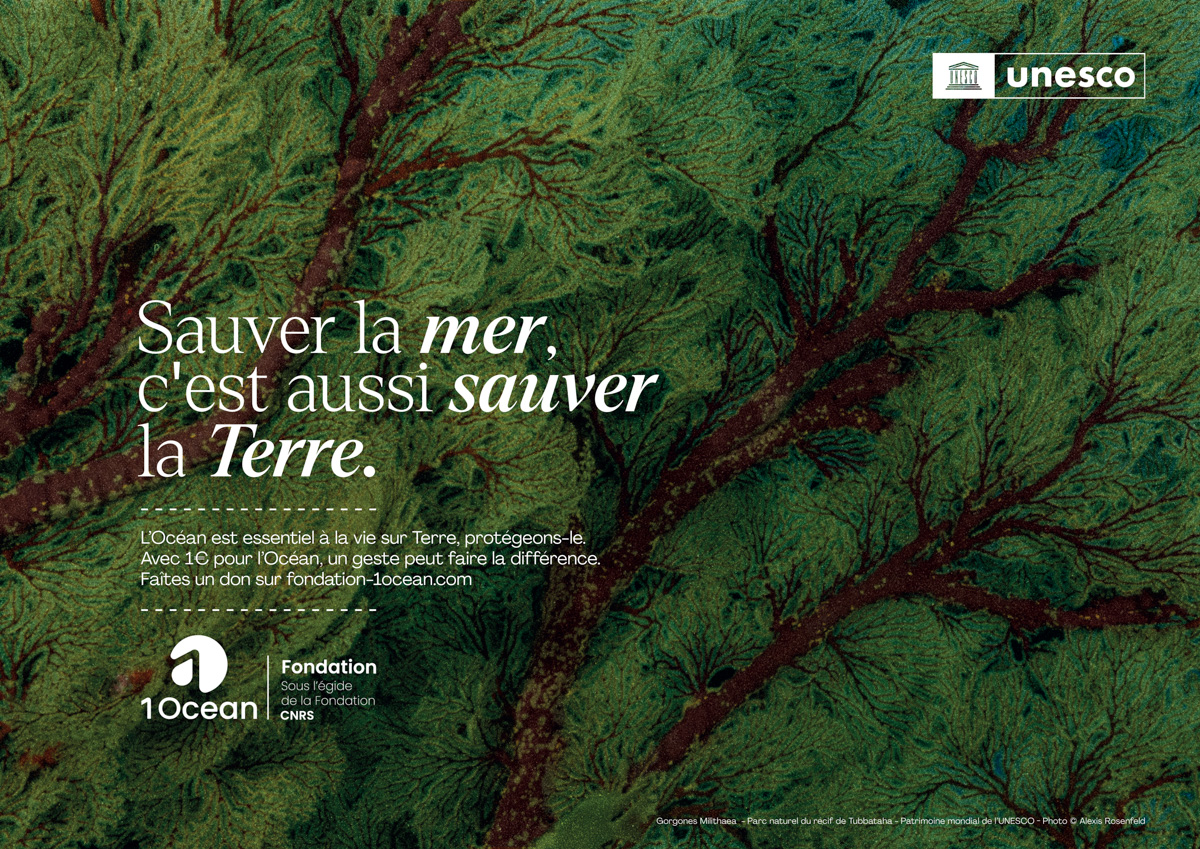According to a study published in Nature magazine, more than half of the world's oceans have undergone significant color changes over the last few centuries. This is thought to be an indirect consequence of climate change.

Based on over twenty years of satellite data, a study published in the scientific journal Nature reveals that 56% of the world's oceans have seen their color alter as a result of global warming. At the root of this phenomenon are the distribution and density of plankton.
Indeed, the color of the oceans is largely influenced by the organic matter floating on the surface. This organic matter is particularly composed of phytoplanktons, which drift with the current. As seas gradually warm up, currents become more irregular and water layers more stratified, especially between warm and cold waters. This makes it harder for water to mix, and plankton movements become more limited.
The disruption of the climate also leads to the disappearance of certain plankton species, while others thrive or migrate, contributing to changes in ocean color. Other climatic phenomena, such as "El Nino" or "La Nina", contribute to changes in the concentration of phytoplankton in a given region.
It's too early to say what these color changes might mean for the environment and the plant itself. However, Stéphanie Dutkiewicz, who helped write the study, points out: "Phytoplankton is the basis of the marine food web. All that is in the ocean needs phytoplankton to exist, and if there should be an impact, it will be felt all along the food chain".
If climate change continues at the same pace, we should expect the oceans of the subtropics to become increasingly bluish, and those of the equatorial and polar zones yet greener.



